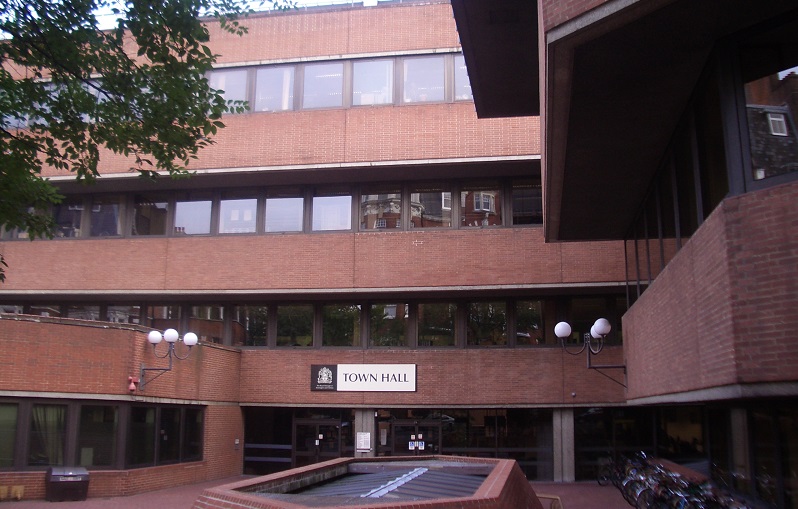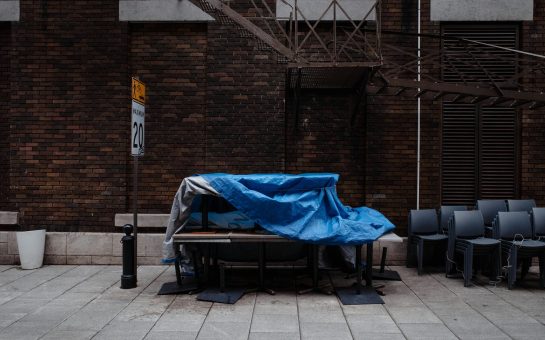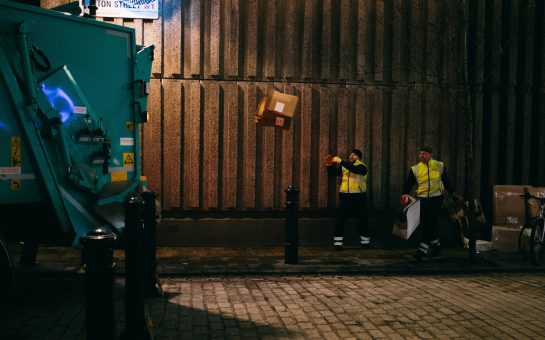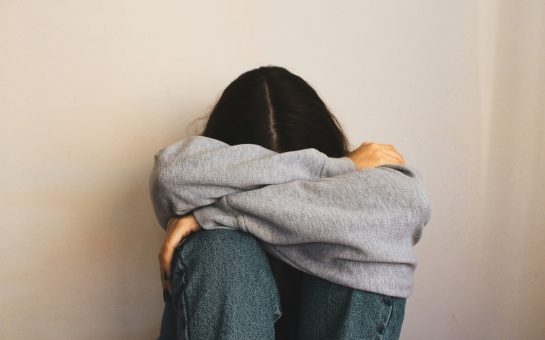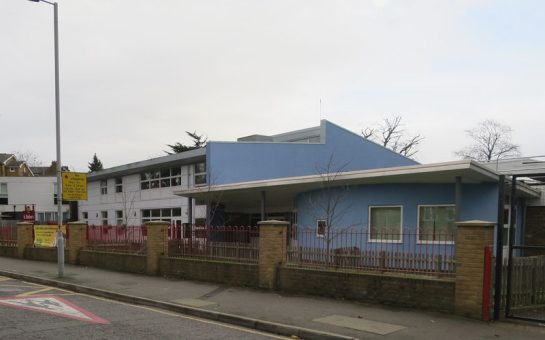A new strategic plan has been introduced by Kensington & Chelsea Council for young people affected by violence.
The strategy sets out a plan for new training, early intervention, improved intelligence mapping, and a community board to help young people escape violence in Kensington & Chelsea.
Cllr Emma Will, Kensington & Chelsea Council’s Lead Member for Community Safety, said that the strategy will improve intelligence sharing and introduce interventions in school.
She said: “Youth violence and exploitation has no place in our borough.
“We employ specialist workers with lived experience to help young people escape gang violence, and we support young victims to navigate the justice system with our police partners, but there is much more to do.”
A survey targeting young people completed by the borough’s Youth Council in October 2021 found that almost half of respondents feel unsafe of knife crime in their local area.
In the same survey, 22% of respondents appeared to be fearful of a mugging or physical attack.
More than 40% of knife crime victims in the borough were under the age of 25.
In the last five years, Kensington & Chelsea have had a 37% reduction in knife crime with injury offences.
Cllr Josh Rendall, Lead Member for Children’s Services, said that in the past two years 2,300 young people have been offered alternatives to gang crimes and youth violence, through workshops and projects in schools.
He said: “More than 200 young people have had specialist safety planning since 2020.
“Our Youth Violence Strategy will go even further to make sure young people and their families are supported should they experience violence, from providing specialist trauma services with our key partners to helping everyone recognize the signs of exploitation.”
The Youth Violence Strategy includes:
• New youth violence and exploitation residents’ group with parents and young people to have a say and be involved in the response
• Strategic youth violence and exploitation board for senior oversight and scrutiny of specialist services, with community representation
• Community campaign, co-designed with young people, to help others recognize signs of abuse and exploitation
• Trauma-informed specialist services for those who have committed youth violence and exploitation offenses
• Restorative interventions in school to limit re-offending and reduce escalation of violence
• Intelligence mapping to understand the location and demographic risk in the community and information sharing between police, local authority and NHS
If you’re concerned about the safety of a young person, please report to the police, the council or you can contact Crimestoppers anonymously on 0800 555 111.
Featured image credit: Justinc via Wikimedia Commons under CC BY-SA 2.0 license
